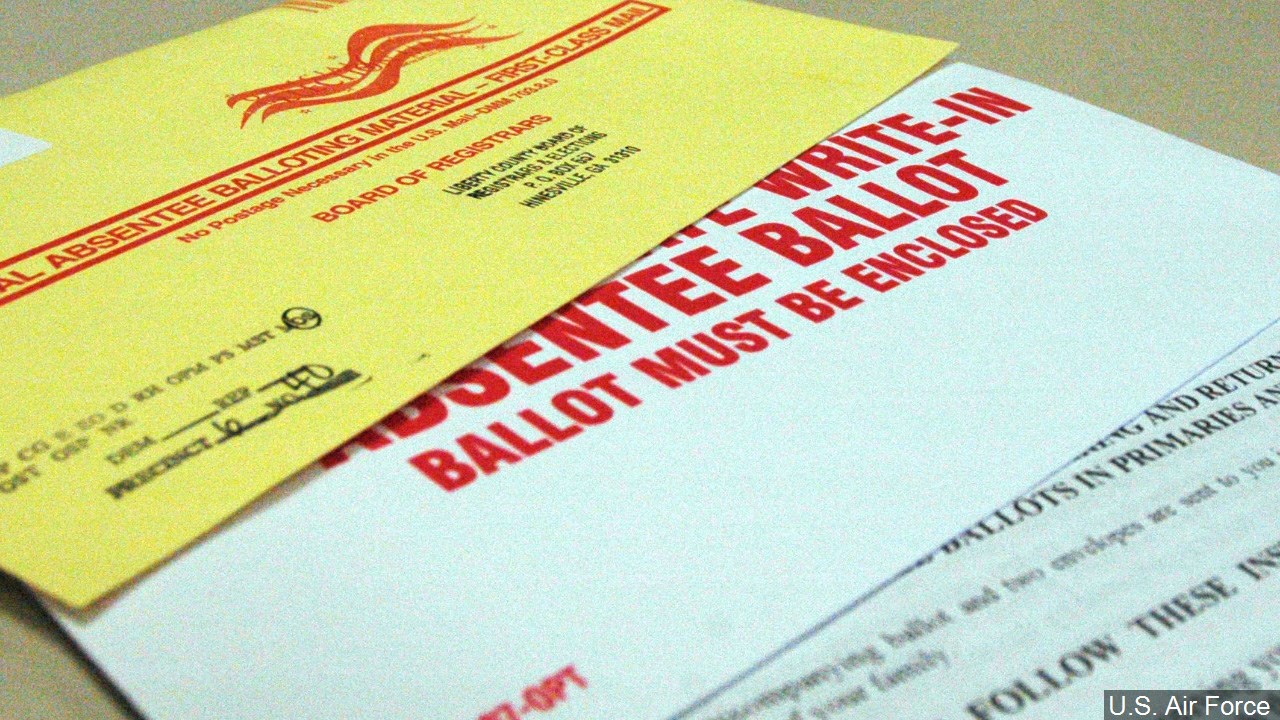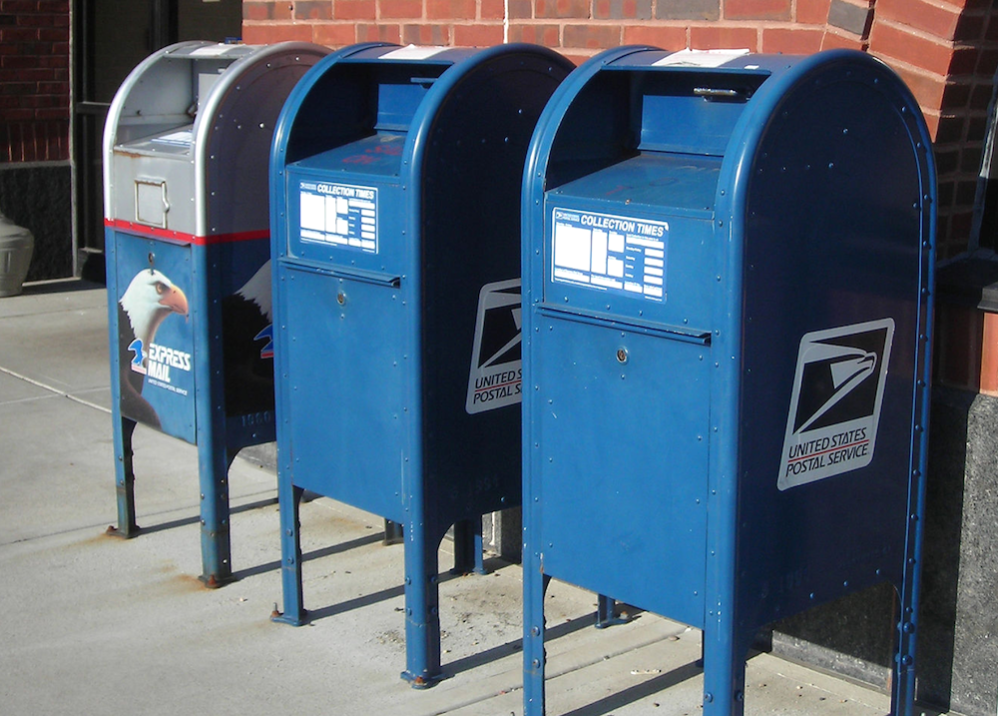Everyone who has considered universal mail-in ballots for any length of time knows it would be disastrous.
With the upcoming presidential election, the left is increasingly dispensing with logic and common sense as they push for universal mail-in ballots. It doesn’t take much to see what a disaster this election would become under such an approach. As Attorney General Bill Barr rightly responded when asked if he had evidence that a mail-in ballot election could be rigged, “No, but I have common sense.”
The same logical fallacies that plagued the ridiculous 2+2=4 controversy are now repeated ad nauseam to convince Americans they should adopt universal mail-in ballots to ensure a fair and safe election. In states such as California and Nevada, residents have received mail-in ballots automatically.
Many have gone along with universal mail-in ballots because “experts” endorse them, not necessarily because they have examined the reasoning behind the movement. Arguments from authority, a popular logical fallacy these days, will successfully sway many people who have no interest in looking into the matter. If a so-called fact-checker such as Snopes labels “mostly false” the claim that universal mail-in ballots are vulnerable to fraud, many will agree and assume the issue is closed.
The Left Loves Logical Fallacies
For those who bother to examine the reasoning for universal mail-in ballots, they will find more logical fallacies behind it all. Beyond relying on arguments from authority, many advocates of universal mail-in ballots will primarily mix up the terms to muddy the waters and derail the conversation, conflating absentee voting, early voting, and universal mail-in voting and treating them all alike. As a bonus, they then accuse President Donald Trump of being a hypocrite for applying for a mail-in ballot himself, and pop-star pundits such as Taylor Swift will stridently condemn his refusal to increase funding for a dysfunctional U.S. Postal Service.

To be clear, an absentee ballot requires an application and various forms of authentication from the person making the request. Universal mail-in ballots do not require an application or much authentication from the voter, so no one can say where they go or who is filling them out. Early voting is simply another option for people to vote before the Election Day rush. Each method works differently, so no one should equate the success of one method with the others. Trump successfully mailing his ballot to Florida doesn’t somehow justify sending a random mail-in ballot to a deceased cat.
Another tactic that abuses the same fallacy is to equate one state’s experience with that of every other state. Mail-in voting proponents love pointing to Utah’s universal mail-in ballots — and what conservative American could argue against anything Utah does? Utah, however, has built up the infrastructure to distribute and collect universal mail-in ballots while other states, such as New York and California, have not, which explains the long delays in tallying votes and innumerable ballots being voided.Read the rest from Auguste Meyrat HERE.
If you like what you see, please "Like" us on Facebook either here or here. Please follow us on Twitter here.


No comments:
Post a Comment